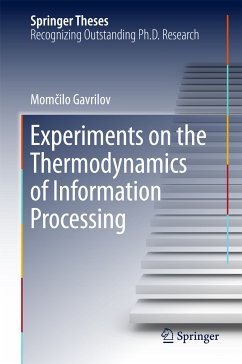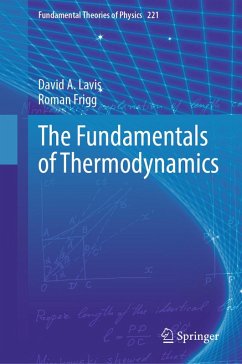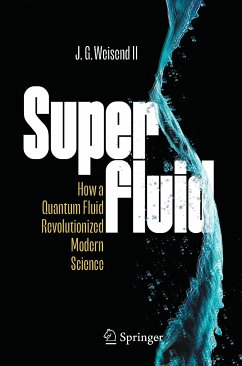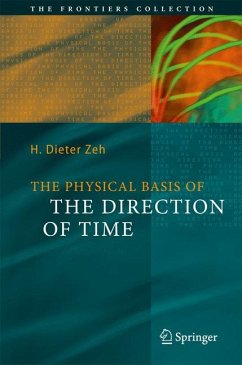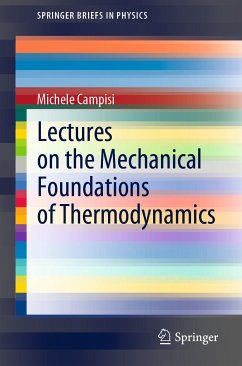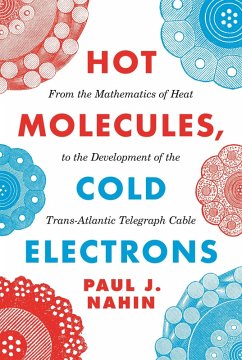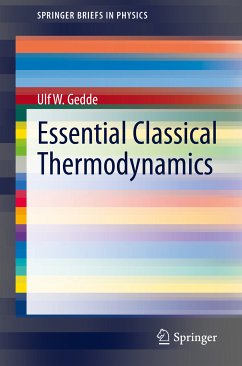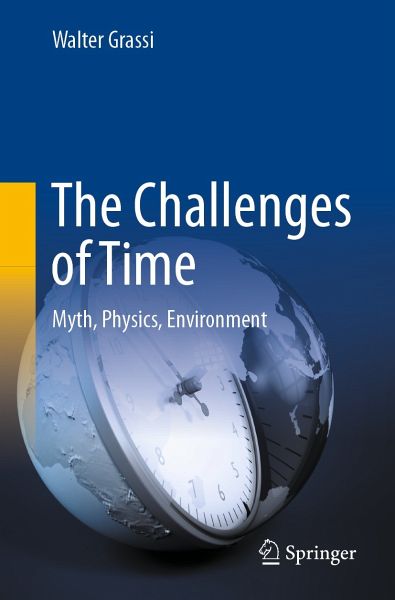
The Challenges of Time (eBook, PDF)
Myth, Physics, Environment

PAYBACK Punkte
12 °P sammeln!
This book represents a journey through the history of science in regards to the concept of time, specifically, the question as to whether it is absolute, relative, or irreversible.The best-known contribution, or at least the most popular one, came from Einstein. He took the illusion that time was universal, a concept dating back, essentially, to Galileo and Newton, and shattered it, both within and without the scientific community.Thermodynamics teaches us that time has a preferential direction, i.e., forward, and is irreversible, as shown by Prigogine and his theories on dissipative structure...
This book represents a journey through the history of science in regards to the concept of time, specifically, the question as to whether it is absolute, relative, or irreversible.
The best-known contribution, or at least the most popular one, came from Einstein. He took the illusion that time was universal, a concept dating back, essentially, to Galileo and Newton, and shattered it, both within and without the scientific community.
Thermodynamics teaches us that time has a preferential direction, i.e., forward, and is irreversible, as shown by Prigogine and his theories on dissipative structures and complex systems. Time is not only an "external spectator" to what happens, but assiduously takes part in making it happen.
The concept of thermodynamics shows us how time is linked with environmental issues, as creator and destroyer. The author explores the relationships of cause and effect and how it can help in measuring the various eras of the planet, as wellas understanding the beings that inhabit it.
This book will be a valuable read for students, researchers, and interested laypersons alike.
The best-known contribution, or at least the most popular one, came from Einstein. He took the illusion that time was universal, a concept dating back, essentially, to Galileo and Newton, and shattered it, both within and without the scientific community.
Thermodynamics teaches us that time has a preferential direction, i.e., forward, and is irreversible, as shown by Prigogine and his theories on dissipative structures and complex systems. Time is not only an "external spectator" to what happens, but assiduously takes part in making it happen.
The concept of thermodynamics shows us how time is linked with environmental issues, as creator and destroyer. The author explores the relationships of cause and effect and how it can help in measuring the various eras of the planet, as wellas understanding the beings that inhabit it.
This book will be a valuable read for students, researchers, and interested laypersons alike.
Dieser Download kann aus rechtlichen Gründen nur mit Rechnungsadresse in A, B, BG, CY, CZ, D, DK, EW, E, FIN, F, GR, HR, H, IRL, I, LT, L, LR, M, NL, PL, P, R, S, SLO, SK ausgeliefert werden.



